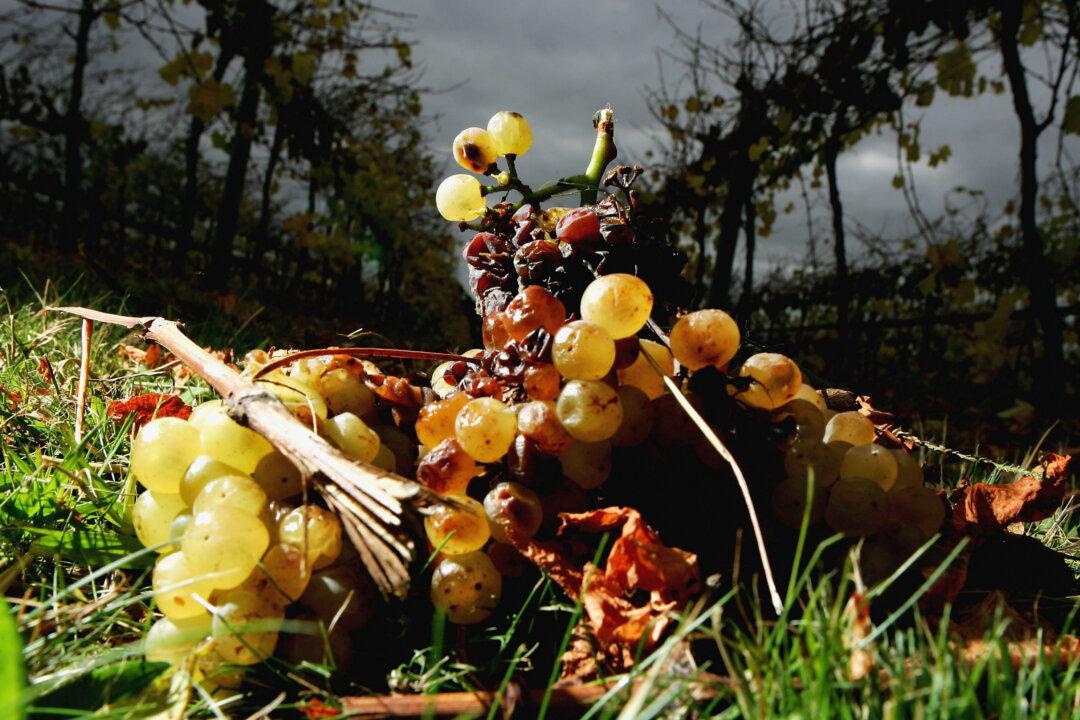Australia’s opposition agriculture minister has blamed Prime Minister Scott Morrison for inflaming tensions with Beijing and sparking the latest trade salvo against Australia.
Joel Fitzgibbon, the federal Labor Party’s opposition agriculture minister, told Canberra radio station 2CC on Aug. 19 that Morrison was to blame for Beijing’s latest trade salvo.





